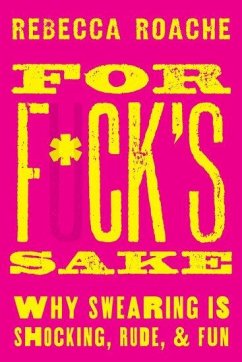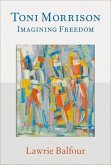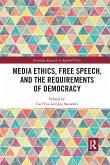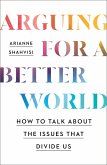Swearwords have an almost magical power to shock and offend. What explains this? What can we learn when we take a close, serious look at swearwords and how they work? What do we find when we explore, for example, what exactly it is we're doing when we swear, or why people are more tolerant of f***--when they know full well what it stands for--than they are of the swearword it refers to? Philosopher Rebecca Roache takes readers on an illuminating and entertaining search for answers to these and other puzzling questions about swearing. As she argues, swearing is uniquely powerful because unlike other etiquette breaches it is designed to offend. But that is not all that swearing can do. It has the power to bring people together, help them accept one another, and relate to one another as equals.
Hinweis: Dieser Artikel kann nur an eine deutsche Lieferadresse ausgeliefert werden.
Hinweis: Dieser Artikel kann nur an eine deutsche Lieferadresse ausgeliefert werden.








